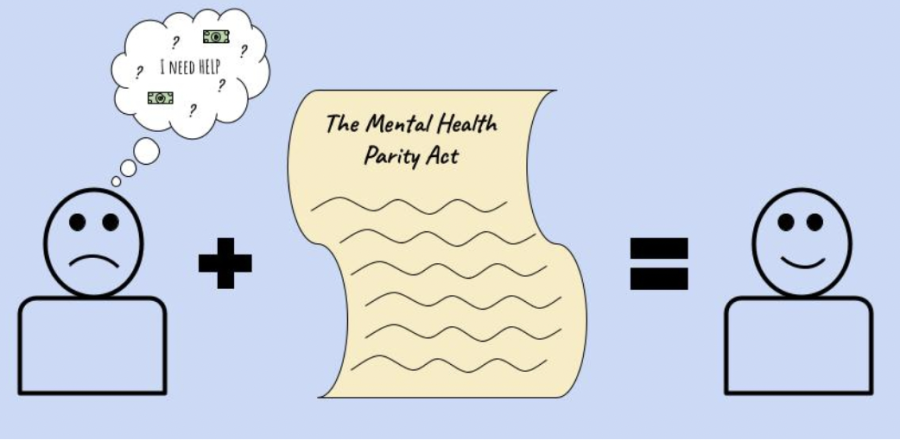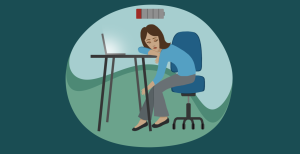Mental Health Parity Act gives Georgians access to health services
The Mental Health Parity Act creates various programs and resources that aid those with mental illnesses.
October 6, 2022
The Mental Health Parity Act, passed in June by the General Assembly, is considered a step forward in supporting those with mental illness in Georgia. The bill mandates private insurers to cover mental health services the same as physical health services.
“The first item of section one of the bill is mental health parity, which requires that mental illnesses be treated the same way that physical illnesses are treated for the purpose of insurance reimbursement,” Margaret Oliver, a co-sponsor of the bill, said.
Oliver, a Georgia native, has been a member of the Georgia House of Representatives since 2003 and is the lead Democratic co-sponsor of this bill. She believes the Mental Health Parity Act ensures equality between mental and physical health.
“It [the bill] creates a number of different programs to assist in crisis mental health incidents, which affect one in 10 families in Georgia,” Oliver said. “It creates new programs of alternative treatment and oversight for people leaving hospitals or jails.”
In addition to providing insurance equality, this bill provides multiple programs, such as those that benefit mental health workers.
“[The bill] creates new programs of co-responder, which funds and trains mental health workers to go out with police in situations where there is a mental health crisis,” Oliver said. “It creates an opportunity for folks going into the mental health field to have their education loans canceled.”
Oliver said the COVID pandemic caused and worsened mental health issues due to isolation and worry.
“We know that 10% of Georgians have a diagnosed mental or behavioral health illness,” Oliver said. “We know that suicide rates are going up. We know that substance abuse deaths are going up; we know that post COVID-19 mental health illnesses are at a higher level for children than previously.”
The World Health Organization said the pandemic has sparked a 25% increase in anxiety and depression worldwide. Many students, like sophomore Charlotte Keenan, noticed this when returning to the school in-person after a year of remote learning.
“I think that the lockdown period of COVID-19 made already present mental illnesses worse,” Keenan said. “This bill will hopefully provide care for those who need it or those who couldn’t afford it before.”
Gabriella Marvin, the director of advocacy and community engagement at Hillside, a residential and outpatient program in Midtown that provides behavioral health support to youth, adolescents and their families, has seen the isolating effects of COVID-19.
“COVID has caused a high amount of anxiety and stress and isolation that so many people have experienced over the last few years,” Marvin said. “This bill will level the playing field.”
Marvin said families searching for immediate help are unable to afford the resources or medicine needed to fully support them. She believes that although the bill is a step up in terms of mental health services, Georgia still has a long way to go to help those in need.
“We know that we have a great disparity of the delivery of health-care services across Georgia,” Oliver said. “We have a mental health crisis that is not being served and is not being addressed adequately.”
With the addition of the Mental Health Parity Act, many residents are demanding more ways to bridge the gap between mental and physical health services through more than equal private insurance coverage, but resources and programs, as well.
“It’s a comprehensive set of reforms that takes some very strong first steps to provide parity, enforce the opportunities of people to be reimbursed fairly and for services to be provided appropriately by both the state and private insurances,” Oliver said.









